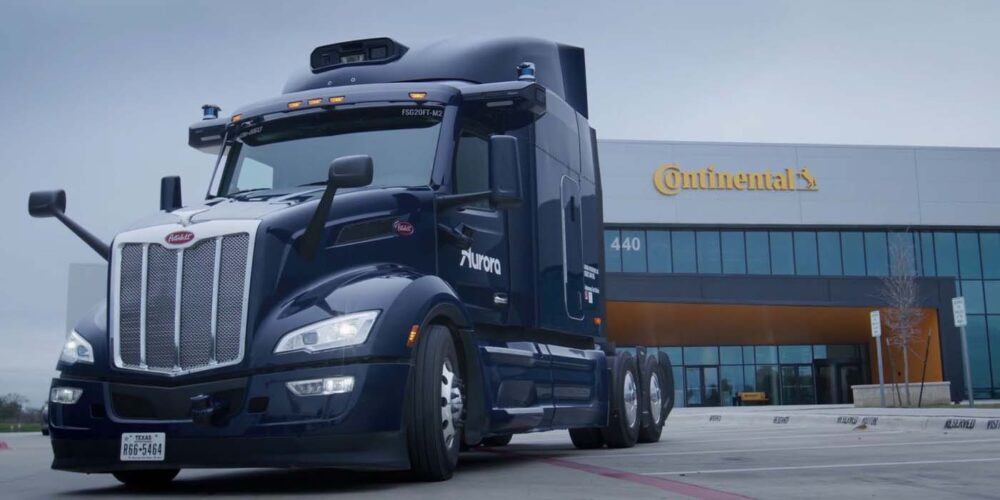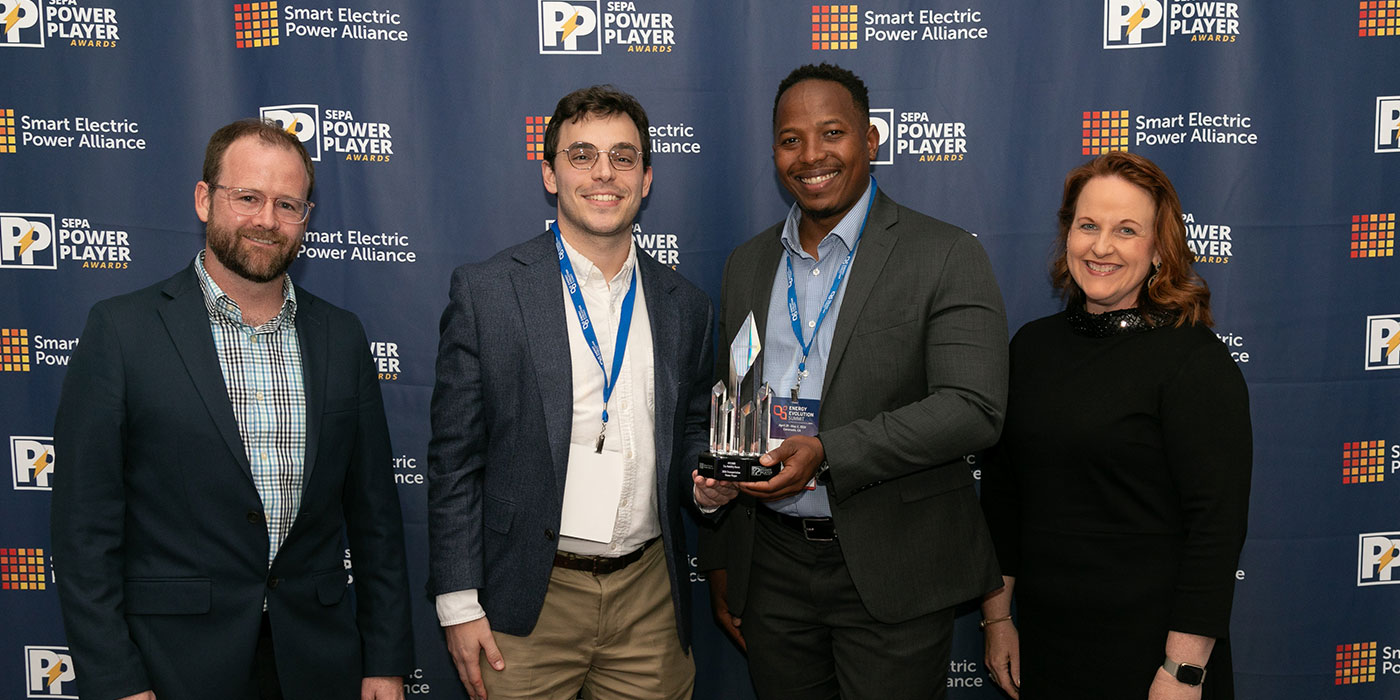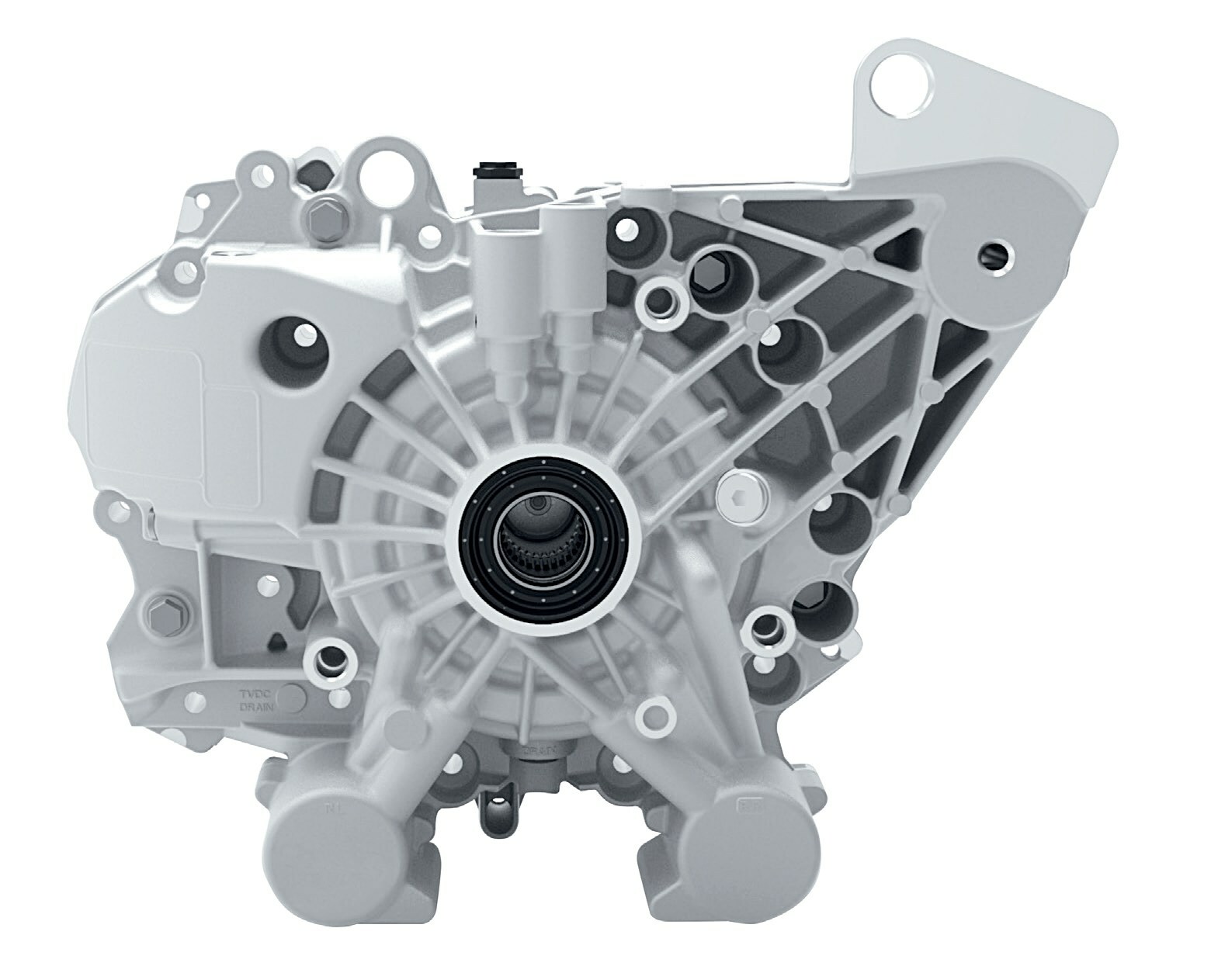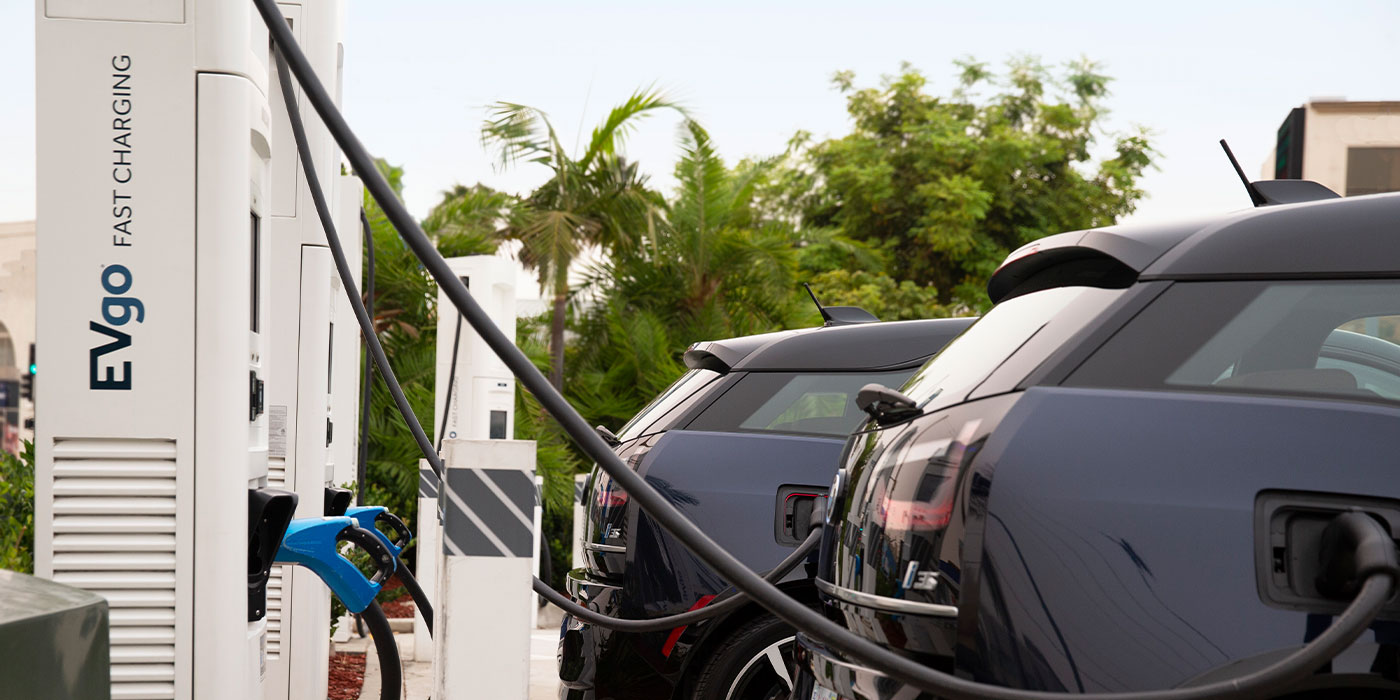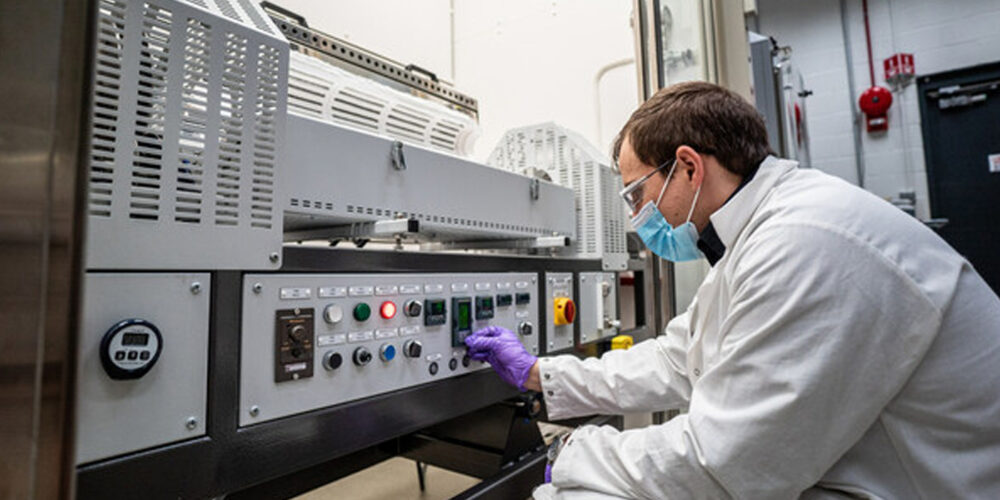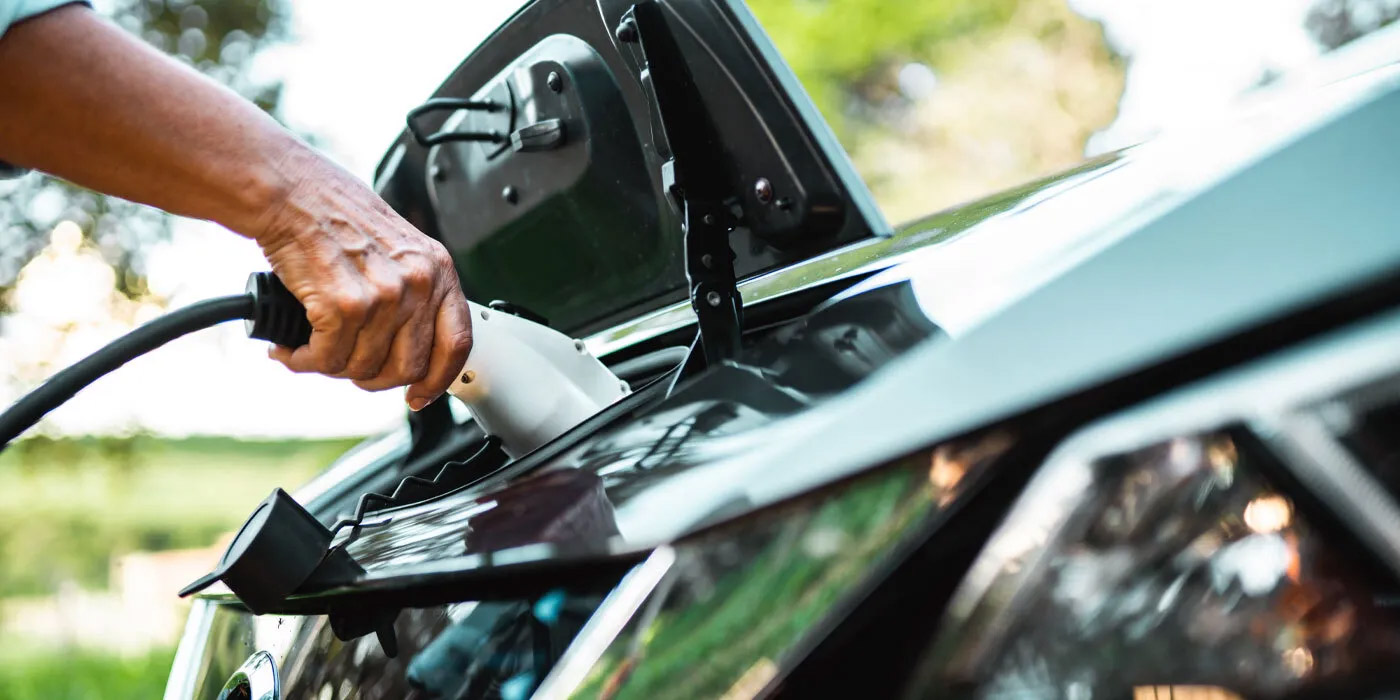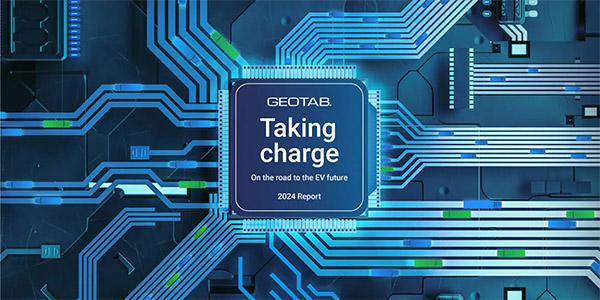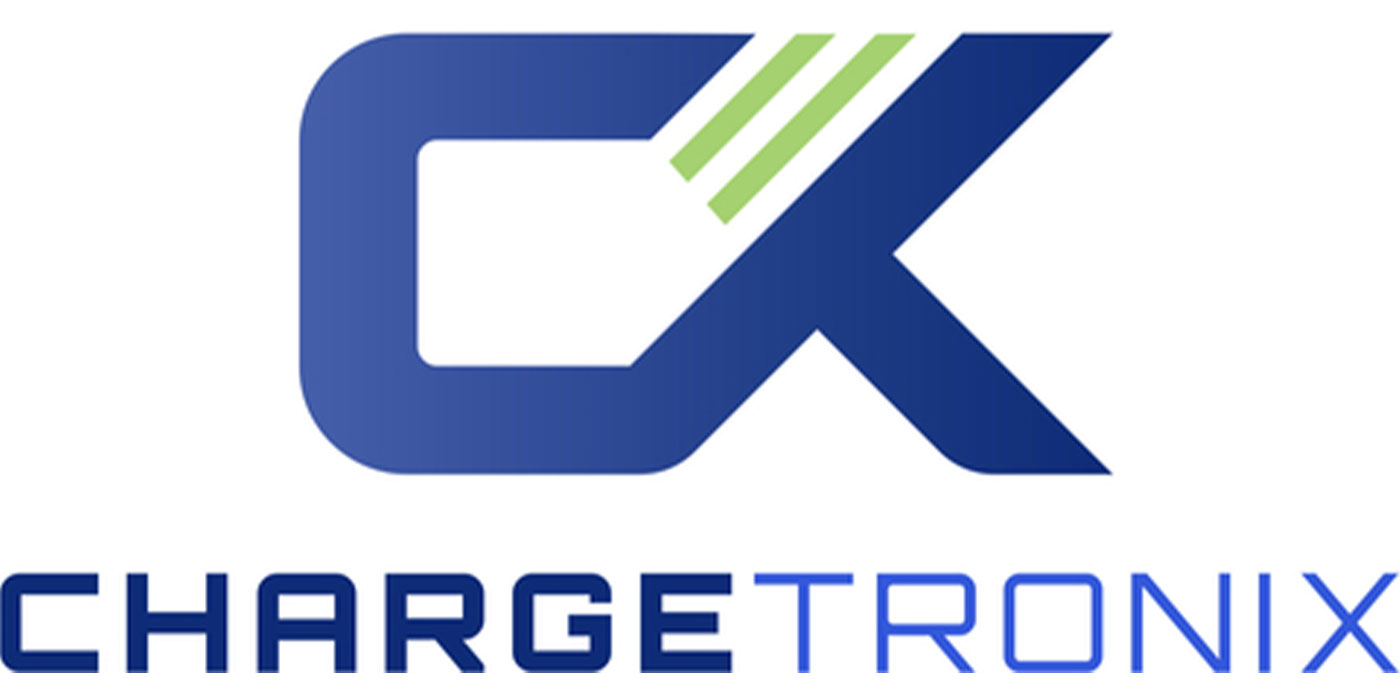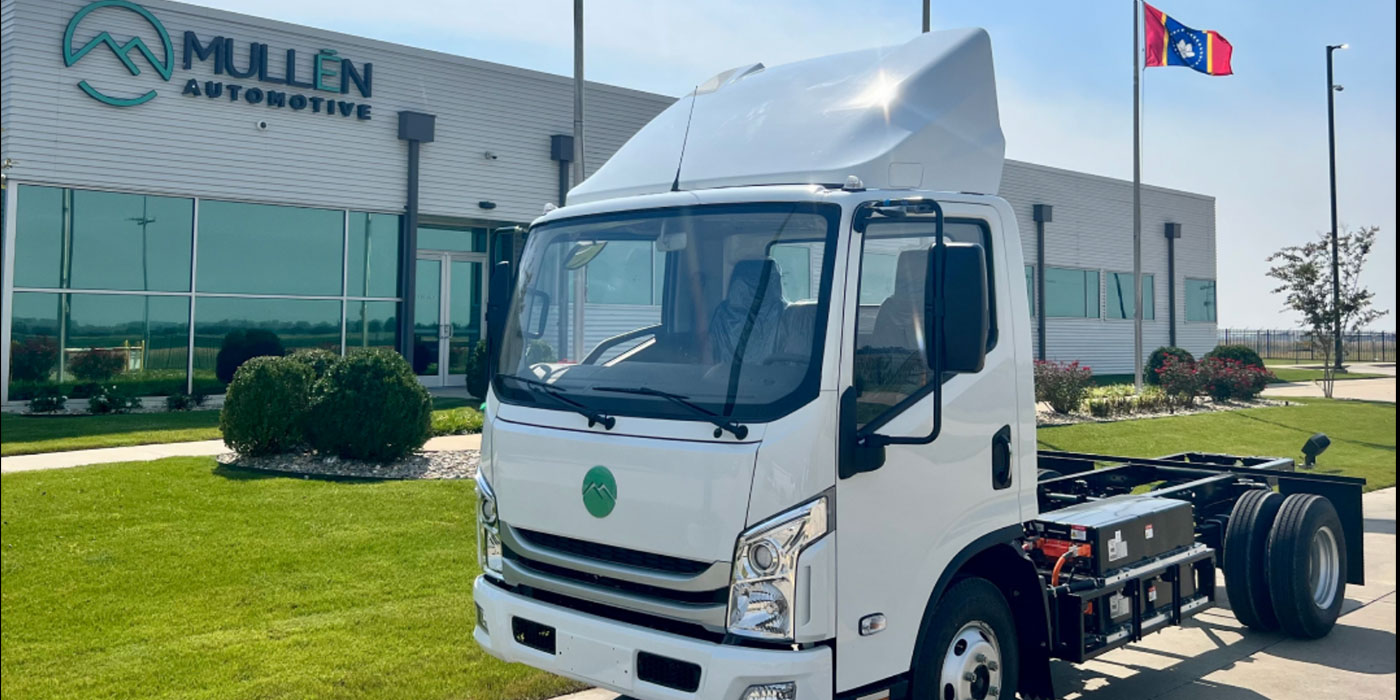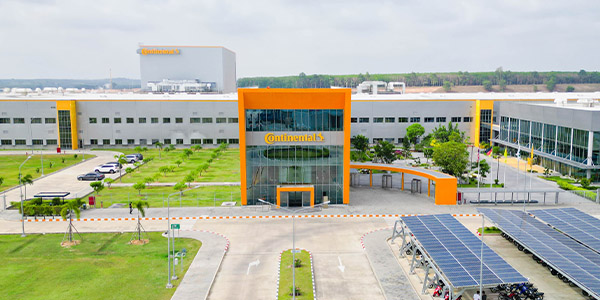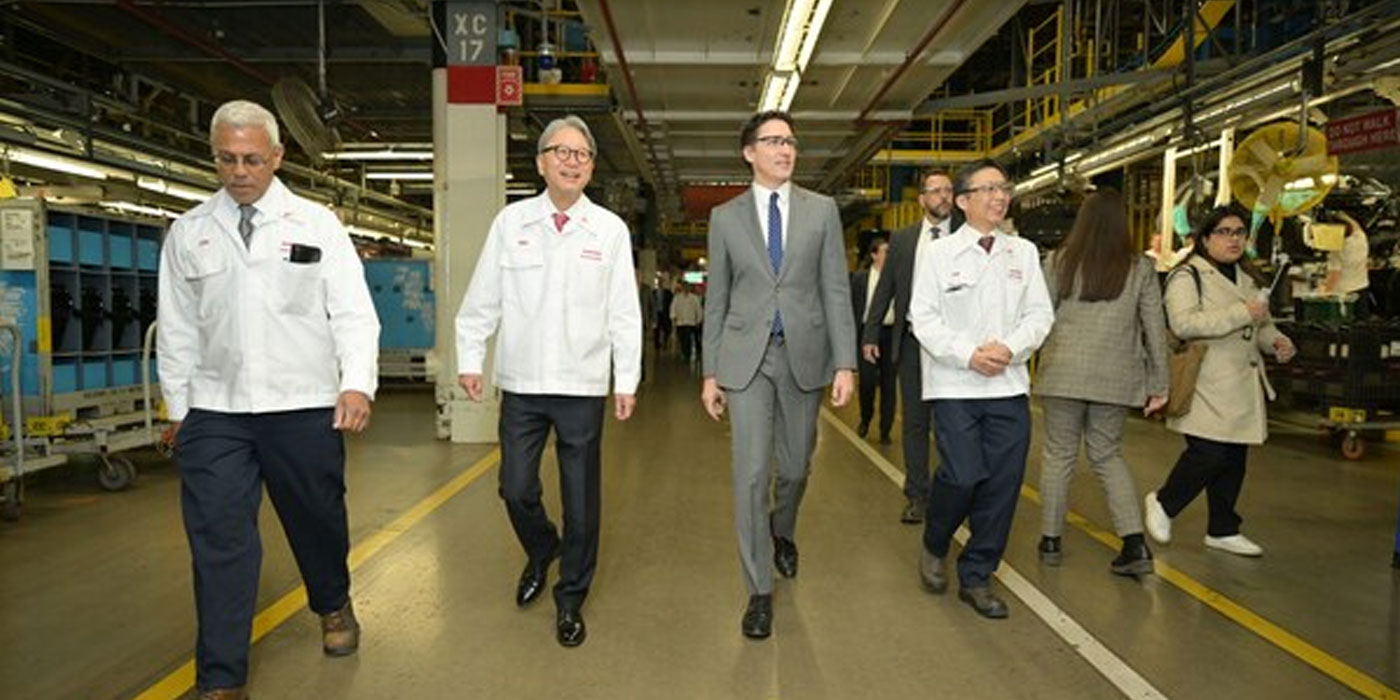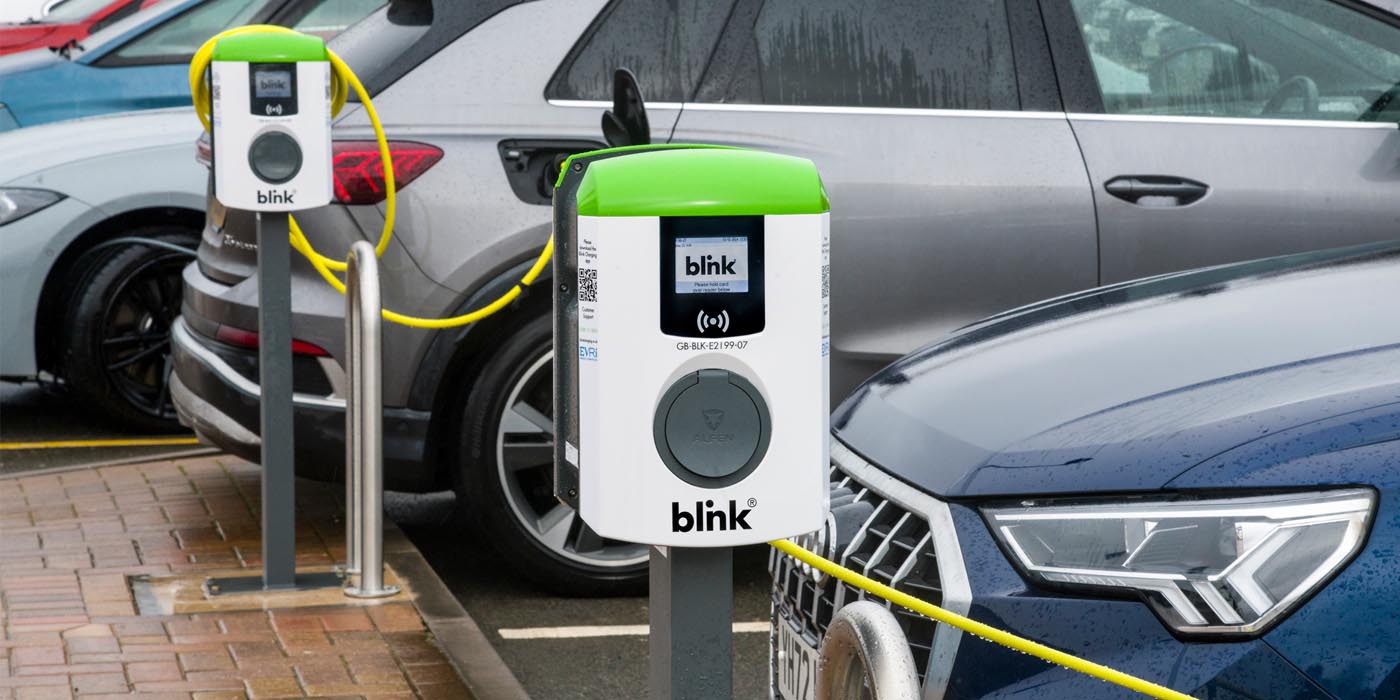Continental and Aurora Innovation announced they have achieved a key development milestone to commercialize autonomous trucks at scale. The companies have finalized the design and architecture of the future fallback system and hardware of the Aurora Driver – an SAE (Society of Automotive Engineers) Level 4 autonomous driving system – that Continental plans to start production of in 2027. The finalized hardware design comes less than a year after the companies entered an industry-first partnership aimed at high-volume manufacturing of autonomous trucking systems.
Introducing new hardware to the market is complex and time-intensive, often taking years from initial design to the start of production. Recognizing this challenge early on, Aurora teamed up with Continental to jointly develop reliable, serviceable, cost-efficient autonomous hardware kits for mass production. The partnership gives Aurora a path to deploy autonomous trucks at scale after its initial driverless launch, planned at the end of 2024. With Continental’s automotive development and manufacturing expertise, the future Aurora Driver will be designed to deliver customer value for one million miles.
“Technologies for autonomous mobility present the biggest opportunity to transform driving behavior since the creation of the automobile,” said Philipp von Hirschheydt, executive board member for the automotive group sector at Continental. “Achieving this milestone puts us on a credible path to deploy easy-to-service autonomous trucking systems that customers demand.”
Aurora is also working with Continental’s engineering team to provide an industrialized fallback system that is expected to go into production in 2027. To operate safely without a human driver, autonomous vehicles require built-in redundancies that provide backups in the rare case a component or sensor fails. One of these redundancies is the fallback system – a specialized secondary computer that can take over operation if a failure occurs in the primary system. This dual engineering approach is intended to reduce the exposure of the main and fallback system to single points of failure.
“From day one, we knew we’d need to build a strong ecosystem of partners to bring this technology to market safely and at a commercial scale,” said Chris Urmson, co-founder and CEO at Aurora. “Finalizing the design of our future hardware is a meaningful step toward making the unit economics of the Aurora Driver compelling and building a business for the long-term.”
The Path to Start Production in 2027
Continental and Aurora are also sharing their four-year partnership roadmap to commercialize thousands of autonomous trucks:
- 2023 – Blueprint and Design: Aurora and Continental align on the detailed system architecture, key requirements, and detailed technical specifications of the Aurora Driver hardware and new high-performance fallback system. This phase is complete.
- 2024-2025 – Build and Test: With the system architecture in hand, Continental will build initial versions of the hardware for testing at its new facility in New Braunfels, Texas, USA, and across its global manufacturing footprint.
- 2026-2027 – Finalization, Start of Production, and Integration: Continental will industrialize and validate the future Aurora Driver hardware and fallback system before the Start of Production at its facilities. The hardware will leverage a wide spectrum of Continental’s extensive automotive product portfolio from sensors, automated driving control units (ADCU), high-performance computers (HPC), telematics units, and more. The hardware and fallback system will be shipped to Aurora’s trucking manufacturing partners for integration into autonomous-ready vehicles. During this phase, the companies will also develop a service playbook and maintenance network for Aurora’s customers.
- 2027 and beyond – Deployment at Scale: Thousands of trucks integrated with the Aurora Driver are ready to autonomously haul freight across the U.S.
“Entering an exclusive partnership with Aurora was a very good decision as it is an ideal match,” von Hirschheydt added. “Being the industry’s only tier-one supplier with a commitment to industrialize autonomous hardware kits at scale allows us to be at the forefront of and capitalize on this groundbreaking technology.”
Continental and Aurora at CES 2024
Continental will showcase its latest technologies, including its work with Aurora, at a structure exhibit in Central Plaza across from the Las Vegas Convention Center from Tuesday, Jan. 9 through Friday, Jan. 12.

